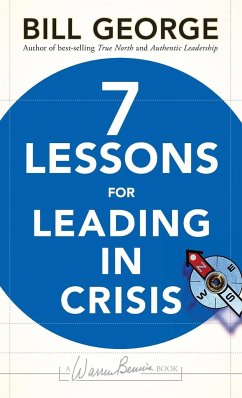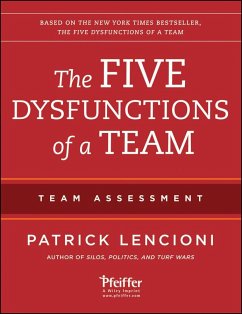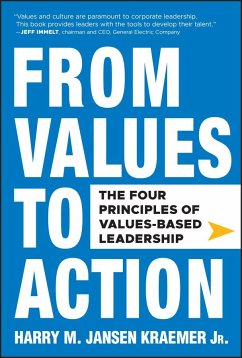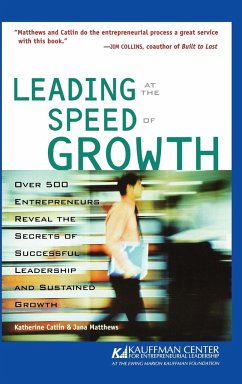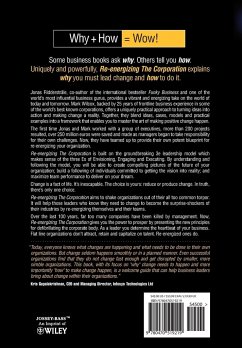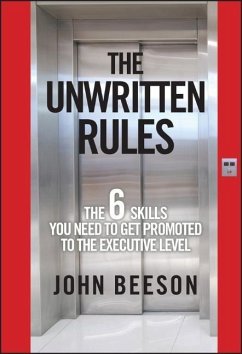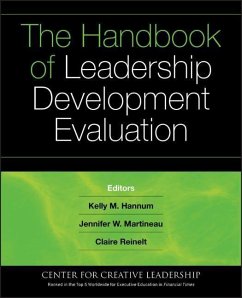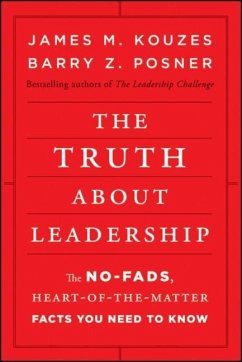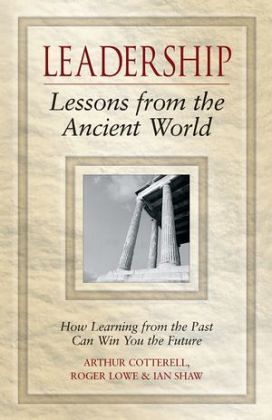
Leadership Lessons from the Ancient World
How Learning from the Past Can Win You the Future

PAYBACK Punkte
17 °P sammeln!
In ancient times, no less than today, the nature of good leadership was the subject of intense debate. And in addressing the critical issue of how to develop leaders capable of handling the tough challenges of the future, this book starts from the premise that you can do no better than consider how the very same challenges were met by the greatest leaders of the past.Leadership - Lessons from the Ancient World explores eighteen key themes, from risk-taking to empowerment, using well-known historical leaders to highlight the timeless principles underlying each one. Combining a wealth of managem...
In ancient times, no less than today, the nature of good leadership was the subject of intense debate. And in addressing the critical issue of how to develop leaders capable of handling the tough challenges of the future, this book starts from the premise that you can do no better than consider how the very same challenges were met by the greatest leaders of the past.
Leadership - Lessons from the Ancient World explores eighteen key themes, from risk-taking to empowerment, using well-known historical leaders to highlight the timeless principles underlying each one. Combining a wealth of management experience with a fascination with what defines and creates effective leadership, the authors - a classical historian, a chartered manager and a trainer in a multinational company - examine the actions of each leader in the context of their own time, connect their stories to current theory and provide an up-to-date case study to help readers apply the principles to their ownpractice. A final chapter sums up the lessons of the book, and suggests the direction that leadership development should take in order to cope with the challenges of globalization and technological advance.
If you want to know how the courage of Ramesses II saved Egypt, or how Alexander the Great built the world's first multi-ethnic kingdom, it's all here. From the earliest civilisations of the Middle East and China to the Fall of Rome, enjoy eighteen critical lessons on leadership - played out in the ancient world, and still relevant to business today.
Leadership - Lessons from the Ancient World explores eighteen key themes, from risk-taking to empowerment, using well-known historical leaders to highlight the timeless principles underlying each one. Combining a wealth of management experience with a fascination with what defines and creates effective leadership, the authors - a classical historian, a chartered manager and a trainer in a multinational company - examine the actions of each leader in the context of their own time, connect their stories to current theory and provide an up-to-date case study to help readers apply the principles to their ownpractice. A final chapter sums up the lessons of the book, and suggests the direction that leadership development should take in order to cope with the challenges of globalization and technological advance.
If you want to know how the courage of Ramesses II saved Egypt, or how Alexander the Great built the world's first multi-ethnic kingdom, it's all here. From the earliest civilisations of the Middle East and China to the Fall of Rome, enjoy eighteen critical lessons on leadership - played out in the ancient world, and still relevant to business today.



